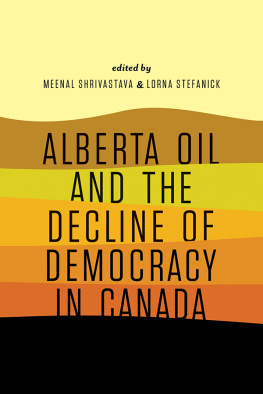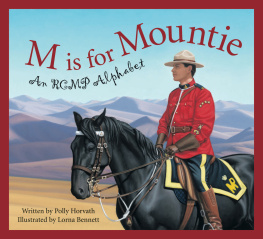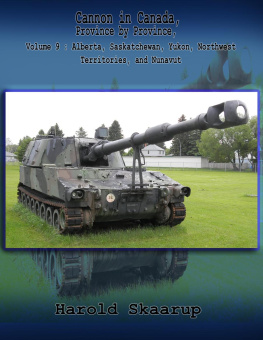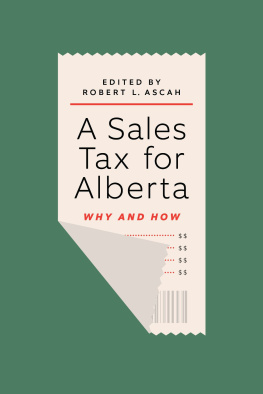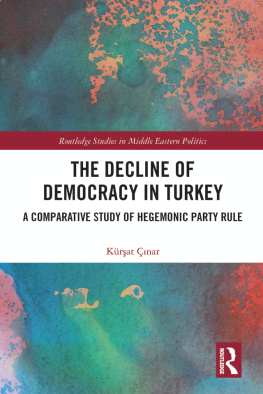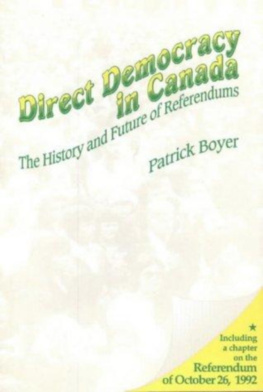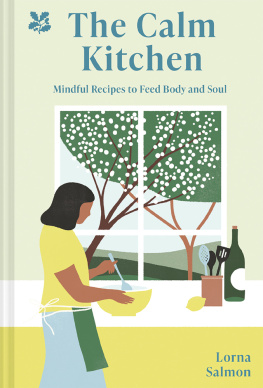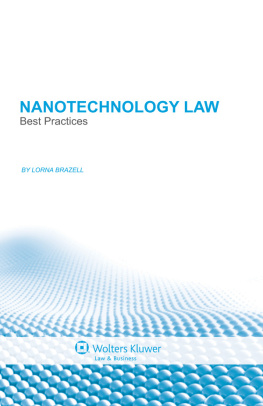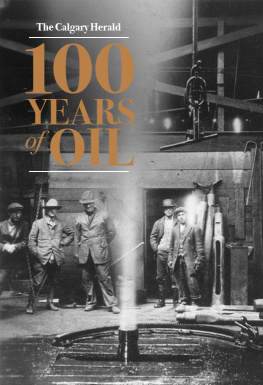Copyright 2015 Meenal Shrivastava and Lorna Stefanick
Published by AU Press, Athabasca University
1200, 10011 109 Street, Edmonton, AB T5J 3S8
ISBN 978-1-77199-029-5 (print) 978-1-77199-030-1 (PDF) 978-1-77199-032-5 (epub)
doi: 10.15215/aupress/9781771990295.01
Cover design by Natalie Olsen, kisscutdesign.com.
Interior design by Sergiy Kozakov.
Printed and bound in Canada by Marquis Book Printers.
Library and Archives Canada Cataloguing in Publication
Alberta oil and the decline of democracy in Canada / edited by Meenal Shrivastava and Lorna Stefanick.
Includes bibliographical references and index.
Issued in print and electronic formats.
1. Petroleum industry and tradePolitical aspectsAlberta. 2. Petroleum industry and tradeSocial aspectsAlberta. 3. Petroleum industry and tradeGovernment policyAlberta. 4. DemocracyAlberta. I. Shrivastava, Meenal, 1971-, author, editor II. Stefanick, Lorna, 1961-, author, editor
HD9574.C23A54 2015 338.2'7282097123 C2015-904346-8
C2015-904347-6
We acknowledge the financial support of the Government of Canada.
Assistance provided by the Government of Alberta, Alberta Multimedia Development Fund.
Please contact AU Press, Athabasca University at for permissions and copyright information.
The illustrations that open each part are reproduced courtesy of the artist, Sylvie RousselJanssens, www.lsclight.com.
On , Salamander. 2010. 10 10 polyester fabric, photocopy on acetate and silver ink.
ACKNOWLEDGEMENTS
In the spring of 2012, we had the opportunity to teach an intensive six-week course on oil and democracy. Offered through the University of Albertas Community Service-Learning program, Class lectures were supplemented by a series of lectures sponsored by the universitys Parkland Institute, which conducts research into contemporary social and political issues from the standpoint of political economy. We had recently co-authored an article on the topic of oils potential to undermine democracy, which appeared in the May 2012 issue of New Global Studies, and we were aware of a number of our colleagues at Athabasca University whose research looked at various aspects of democracy in Alberta, in Canada, and internationally. Given that the following year would mark the sixtieth anniversary of the publication of C. B. Macphersons seminal work Democracy in Alberta, the time seemed ripe for a collaborative, in-depth, interdisciplinary exploration of liberal democracy in Canada, focusing on Alberta as the epicentre of an expanding oil-based economy. By the time this book was completed, in the spring of 2015, the world market for oil was markedly different, with the production of oil in the United States at all-time highs and the volatility of oil prices threatening the economies of oil-exporting countries. In addition, concerns about the state of democracy had become widespread. This volume represents an attempt to examine some of issues arising in this complex milieu.
We thank Sara Dorow, of the University of Albertas Department of Sociology, for inviting us to teach this class, and our teaching assistant, Matt Dow, for helping us to make it a success. Perhaps above all, we are indebted to the students themselves, who tackled a very demanding course with interest and energy and allowed us to share our ideas and to refine them in the process. Our thanks, then, to Karissa VanderLeek, Ashley Thompson, Peter Selcuk, Heather Sawchyn, Lynsey Race, Maria Montenegro, Doug Lemermeyer, Julianne Layton, Garret Johnston, Tim Isberg, Keltie Hutchison, Liam Hudson, Akimi Fukaura, Mireille Chamberland, Jonathon Cartmell, Olivia Bako, Anneka Bakker, and Malaika Aleba. If the future of our society is in the hands of thoughtful, diligent, and considerate people such as you, we have much reason to be hopeful about the prospects for democracy, despite its many current deficits, as detailed in this book.
We are also grateful to the Parkland Institute for its work in organizing the Speakers Series that accompanied the class and, in particular, its executive director, Ricardo Acua, and director, Trevor Harrison. Our special thanks go to Lorraine Woollard, Angie Meyer, and Auralia Brooke, along with the many Athabasca University administrators who assisted us in figuring out how to persuade two university bureaucracies to work together in order to create a learning experience that students would remember with the same enthusiasm that they originally brought to the class.
With remarkable patience and good humour, our contributors met demanding deadlines and willingly engaged in a seemingly endless exchange of ideas, drafts, and revisions, for which we are profoundly thankful. It was a pleasure to work with such a stimulating and cooperative group of collaborators. We are grateful to Megan Hall, Connor Houlihan, and Kathy Killoh, at Athabasca University Press, for their support of this project. We especially appreciate the insights provided by the two anonymous reviewers for the press, as well as those offered by Alvin Finkel, our colleague and former chair of the AU Press Editorial Committee, and by Pamela MacFarland Holway, senior editor at the press, who read and reread chapters as they evolved. Our copy editor, Joyce Hildebrand, deserves special thanks for her close attention to the text and for catching errors and omissions. Their comments and suggestions have greatly strengthened this volume.
None of this would have been possible without the help and support of our spouses, Sanjiv Shrivastava and Jim Race, who accepted our preoccupation with the project as we grappled with the many demands of producing this book. Their unconditional support, intellectual companionship, and love have been the bulwarks against which we have tested and retested many incoherent ideas, sought solace from major frustrations, and celebrated minor victories. Our many dog-walking adventures with Appu, Gauri, and Cleo provided much-needed breaks, as well as cherished memories.
Finally, a special thanks to our departed mothers, Surekha Sinha and Millie Stefanick, who died a few days apart in 2010. Living on different continents, they were connected not only by their daughters but also by a world view that they shared across time and space. Even though they never met, these two remarkable women continue to remind us of the ways in which human experience unites us.
ALBERTA OIL
AND THE
DECLINE OF
DEMOCRACY




